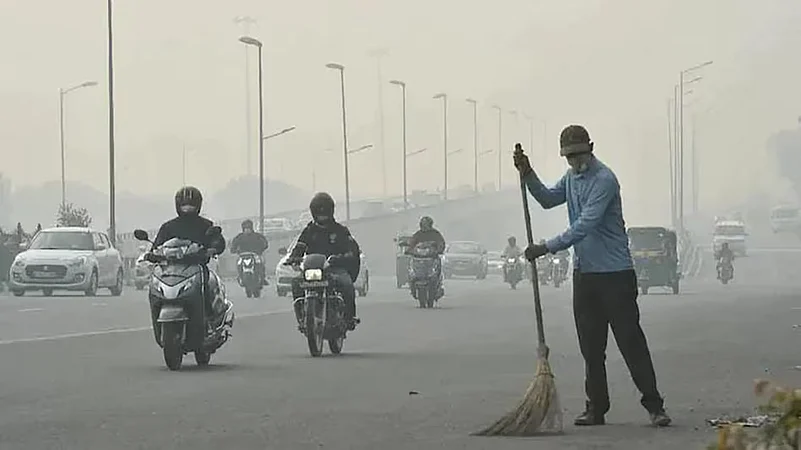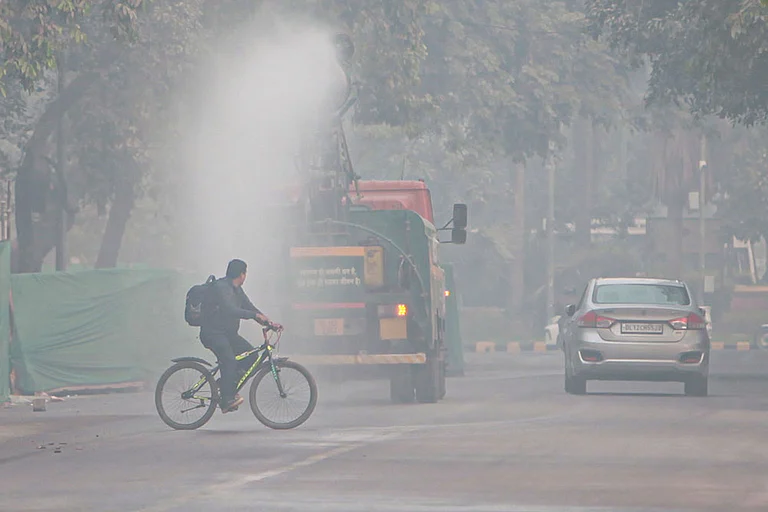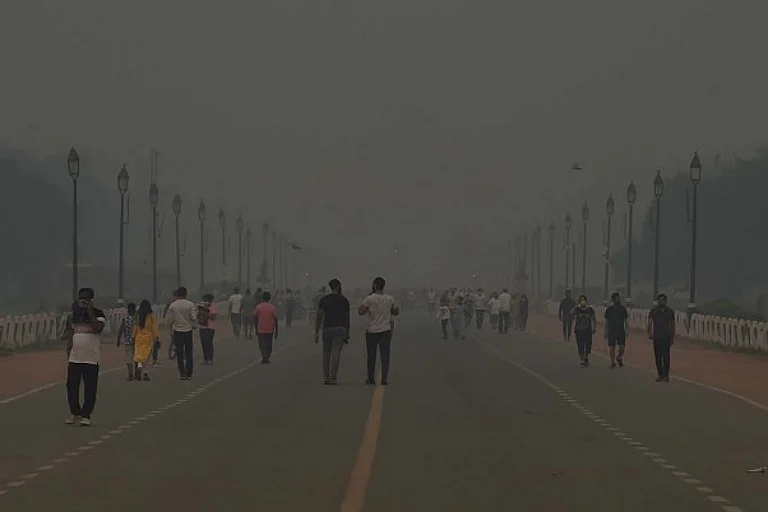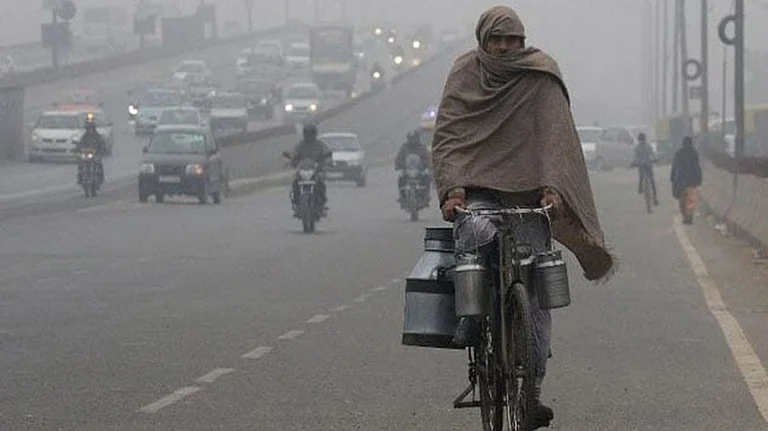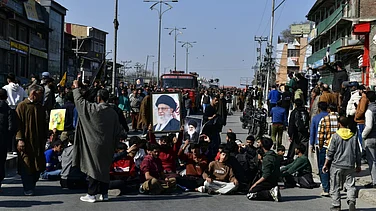
Summary of this article
Delhi-NCR authorities imposed Stage II measures under the Graded Response Action Plan as air quality worsened ahead of Diwali, with AQI reaching 302, nearing the “very poor” category.
The restrictions include bans on coal/firewood use (including tandoors in eateries), diesel generators (except for essential services), and continuation of Stage I curbs like controlling construction dust, sprinkling roads, and preventing open waste burning.
Residents are urged to use public transport, avoid open burning, and reduce vehicle use, while authorities will enhance road sweeping, enforce construction site controls, and ensure uninterrupted power supply to curb pollution spikes during the festival.
As air pollution in the capital worsens ahead of the Diwali festival, the Commission for Air Quality Management (CAQM) and its panel for the Delhi-NCR region announced the activation of Stage II under the Graded Response Action Plan (GRAP) on Sunday. The move comes after the Air Quality Index (AQI) in Delhi reached 296 at 4 p.m. and climbed to 302 by 7 p.m., just short of the “very poor” category. Forecasts from the India Meteorological Department (IMD) and the Indian Institute of Tropical Meteorology (IITM) predict further deterioration due to stagnant weather conditions and the expected use of firecrackers during Diwali, prompting authorities to implement all Stage II measures over and above the Stage I curbs already in place.
Stage II measures cover the entire NCR region and include a ban on the use of coal and firewood, including tandoors in hotels, restaurants, and open eateries, as well as a ban on diesel generator sets except for emergency or essential services. All Stage I measures continue, such as encouraging public transport use, controlling construction dust, sprinkling roads, vacuum sweeping, and preventing open burning of waste or biomass.
The AQI in parts of Noida and Ghaziabad has already reached “very poor,” while Faridabad recorded “moderate” levels. Under CPCB classification, an AQI of 201-300 is considered “poor,” while 301-400 qualifies as “very poor.”
Authorities have urged citizens to use public transport, minimize private vehicle usage, replace vehicle air filters regularly, avoid open burning, and restrict dust-generating construction activities between October and January.
Enforcement measures include daily vacuum sweeping of roads, water/suppressant spraying in high-traffic areas, stricter inspections of construction and demolition sites, and ensuring uninterrupted power supply to reduce reliance on diesel generators. With Diwali just around the corner, officials face the dual challenge of managing seasonal pollution spikes and curbing firecracker-related pollution. The preemptive activation of Stage II reflects concern that Delhi could enter the “very poor” or even “severe” air quality category if mitigation measures are not followed.


